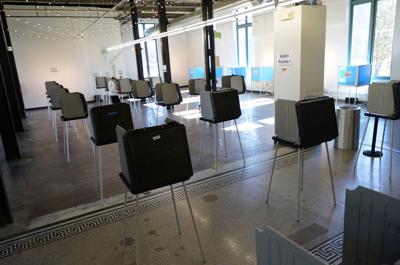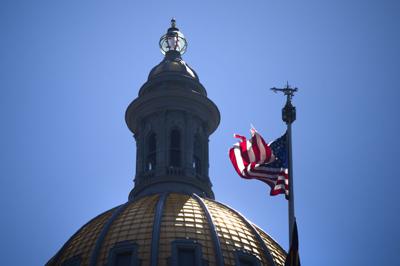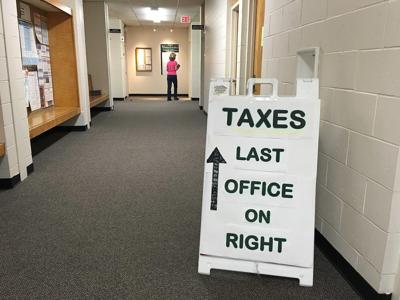
Amendment 78 would transfer the power to appropriate custodial funds (state revenue not generated through taxes) from the state treasurer to the state legislature.
Plaintiffs alleged that the amendment is not substantially related to Colorado’s Taxpayer’s Bill of Rights (TABOR) and therefore should not appear on the 2021 ballot. Measures that can go on the ballot during odd years in Colorado are limited to topics that concern taxes or state fiscal matters arising under TABOR. This requirement was added to state law in 1994. The Colorado Taxpayer’s Bill of Rights (TABOR) requires voter approval for all new taxes, tax rate increases, extensions of expiring taxes, mill levy increases, valuation for property assessment increases, or tax policy changes resulting in increased tax revenue. TABOR limits the amount of money the state of Colorado can take in and spend. It ties the annual increase for some state revenue to inflation plus the percentage change in state population. Any money collected above this limit is refunded to taxpayers unless the voters allow the state to spend it
To continue reading this story, please click (HERE):




